How to build successful global technical field support teams
Charlie Apps is a Med Tech leader with experience building field service organisations in Europe and technical support capabilities globally. At CMR Surgical, he moved from field service and support to global technical support. During his time at Abbott, he was responsible for field service throughout the EMEA region. This article focuses on his career and how to build successful global technical field support teams.
Med Tech leader building technical field support teams – meet Charlie Apps
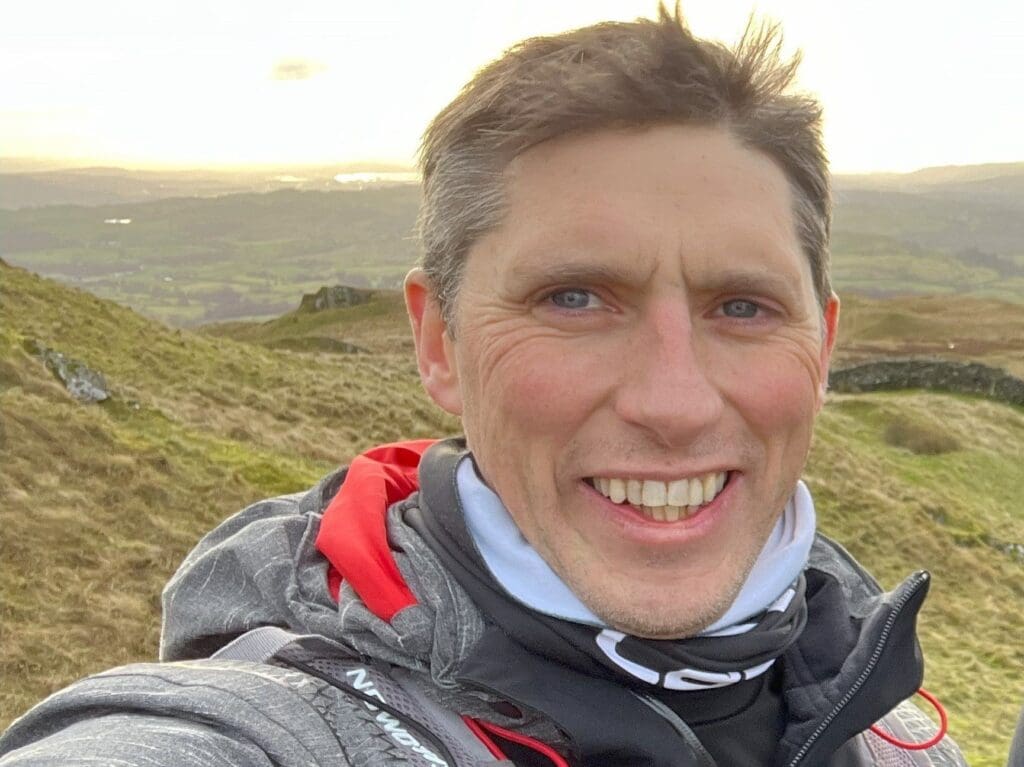

Background
Why did you study engineering?
At school, I was good at maths and science. I also liked problem solving and ‘tinkering’. However, what really decided me was that I had a mentor who worked at my school, Manchester Grammar School. Ray Davies had never taught me, but he suggested that I apply for a Nuffield bursary. I did and so had a four-week placement at Salford University working on a project of a robot which followed a laser.
What then attracted you to working in the medical industry?
Again, it was Ray Davies who suggested medical devices and it has been important to me to work on equipment which is helping people. He would have been delighted at my work with medical robotics.
My wife is a doctor, but this is coincidence rather than because of my interest in the medical world.
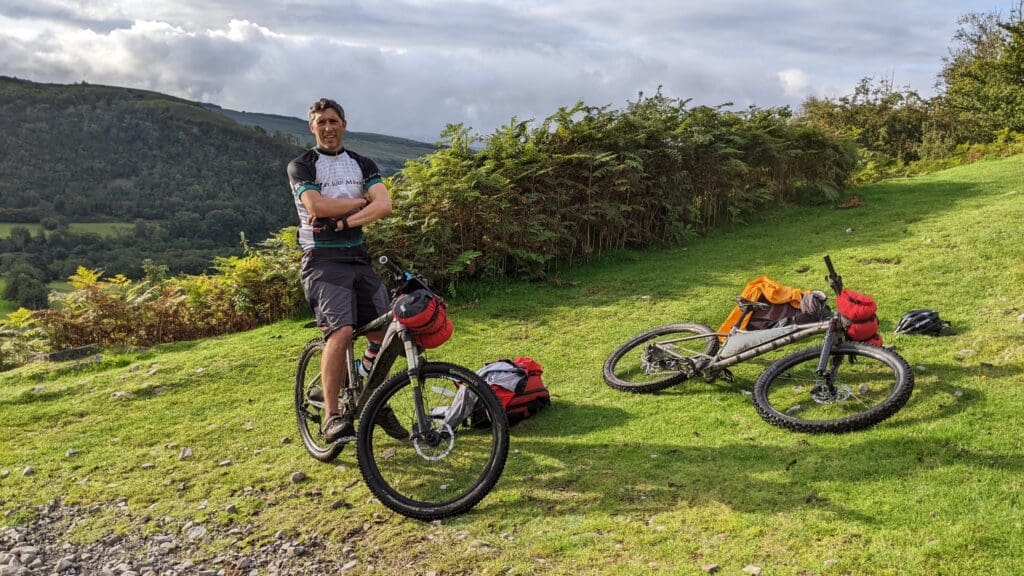

Typical week at CMR Surgical
You were Global Technical Support Manager at CMR Surgical. What was your typical week like?
Firstly, I was involved with a lot of recruitment as during my first year we were building up the European service teams. So, part of my time was spent liaising with HR, reviewing CVs, and also interviewing.
Secondly, another key part of my week was that I aimed to have one to ones with all my direct line reports, meaning those in the field. This happened most days and was less for my indirect reports, but I still tried to keep the contact with my indirect reports regular.
Thirdly, my week involved a lot of problem solving: ‘getting things unblocked.’
Fourthly, a focus I had was to work with our new CRM tool. I had worked with SERVICEMAX before which was helpful. Our aim was to make it useful to our field teams and definitely not to be an additional burden.
How much were you involved with the sales process?
Part of my role was to collaborate with other teams who needed support. For example, the sales teams whenever they needed technical support. I like being in front of customers and seeing what they are doing and what they need.
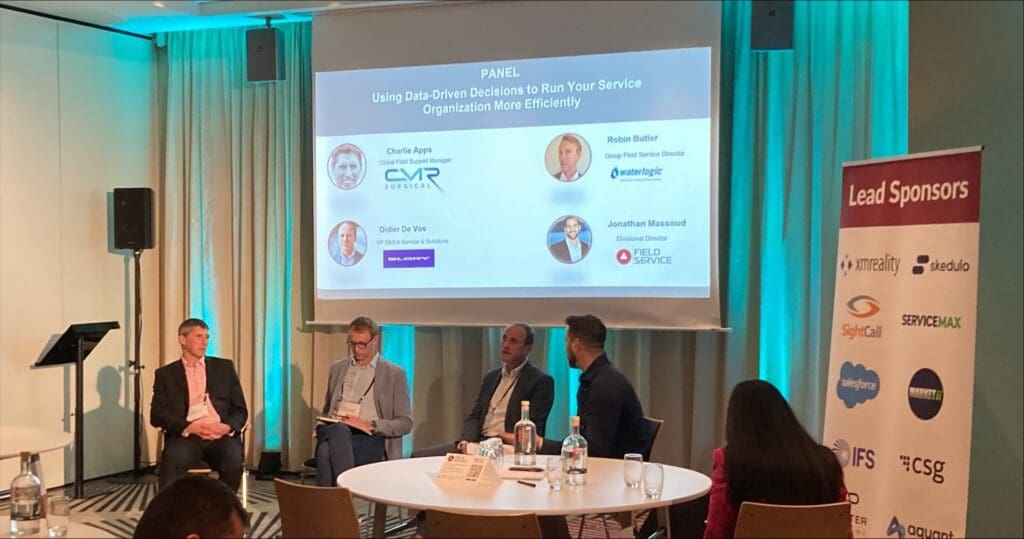

Leading technical field support teams
How key is it to remain hands-on once you are leading a team of field engineers?
In my opinion you don’t have to keep undertaking technical work, but it is critical to maintain an understanding of what you’re asking your teams to do. Having a lot of hand-on experience also gives you more credibility and helps you understand exactly what you are asking an engineer to do, and the pressure they are under whilst in the field.
How does remote working lead to a need for different relationship building? How do you build relationships across the team?
It’s really important to get your team into one room. I aimed to do this three times a year and chose February, May, and October so that as many people as possible could be in the one room. Obviously because we were field engineering, we couldn’t ever have all the team, as someone always has to be out fixing the equipment. So, we rotated attendance and kept everyone included. Location is key and we always met somewhere which was as accessible as possible.
Also, conferences get people together and are also great fun and allow the engineers to see another side of the business.
The other thing which is really useful for building a team is to get people into the office to do remote support. So, rotate them into head office or into the regional office. That means they meet other people face to face and also deal with a wider range of customers as they offer the support.
Team training and support of technical field support
How do you build excellence in your team of engineers?
I instil into my engineers:
“If you’re not happy for the equipment to be used on your nearest and dearest (or yourself)– then don’t leave it. Your job is not completed.”
How much of the team’s training were you involved with?
I developed content and altered this as things changed.
On occasion I would do training for non-technical staff to explain what the service does and who we are.
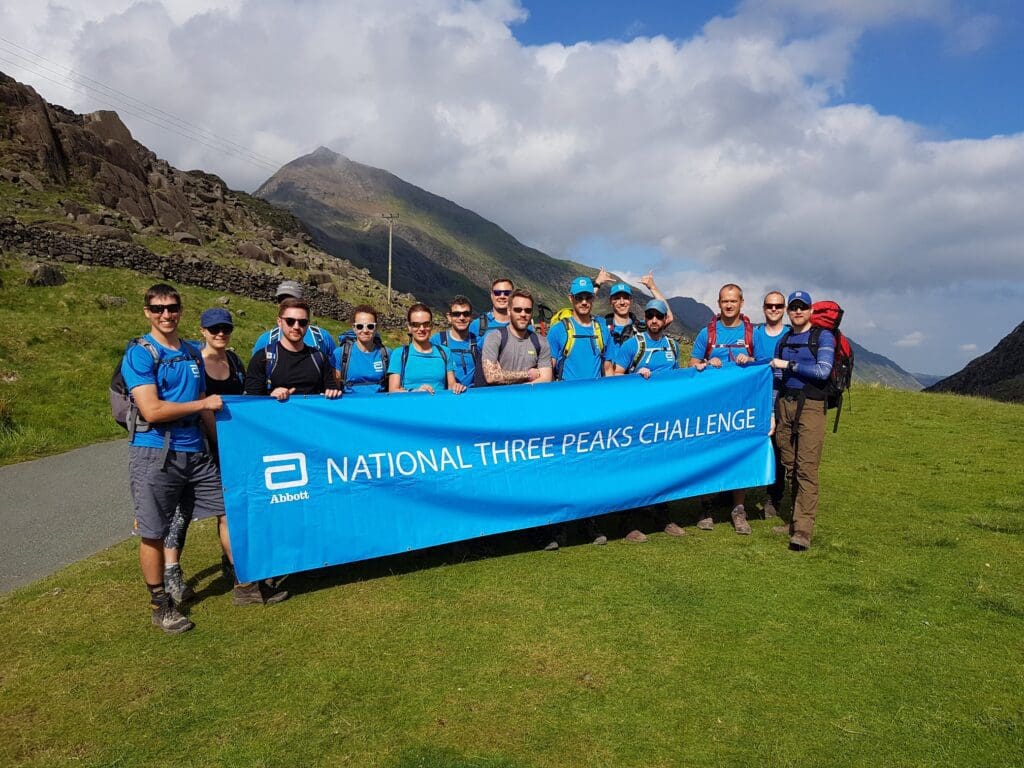

Work life balance
How have you kept a work life balance in your different roles – when long days were a necessity?
I know some organisations are really driven by numbers which can make this balance very difficult. One week may involve a lot of unplanned extra hours, and then the next fewer.
One of the challenges of field service is that the work is unpredictable. For example, I was due to deliver some training in a hospital in Sweden. It was planned for the afternoon as the team had two operations in the morning both of which were routine. So, I travelled in the morning and was there ready to deliver the training. Unfortunately, the first case had complications and overran, so I waited. Then the second case also had complications and the team didn’t finish until 7 pm. At this stage they were exhausted, so we rearranged the day, and I travelled back.
My approach as a team leader, to hours worked is to have implicit trust in my field engineers. So, if they have worked extra time or been delayed because of external factors, then I am happy that they take time off in lieu. This is in their hands and doesn’t require my sign off. Engineers like to solve problems and anyone who works in the med tech field knows how critical their work is, so work ethic tends not to be an issue.
My advice to any field engineer is diarise how much time you are spending and why. Then if you are not paid for overtime, try to balance things with time off in lieu.
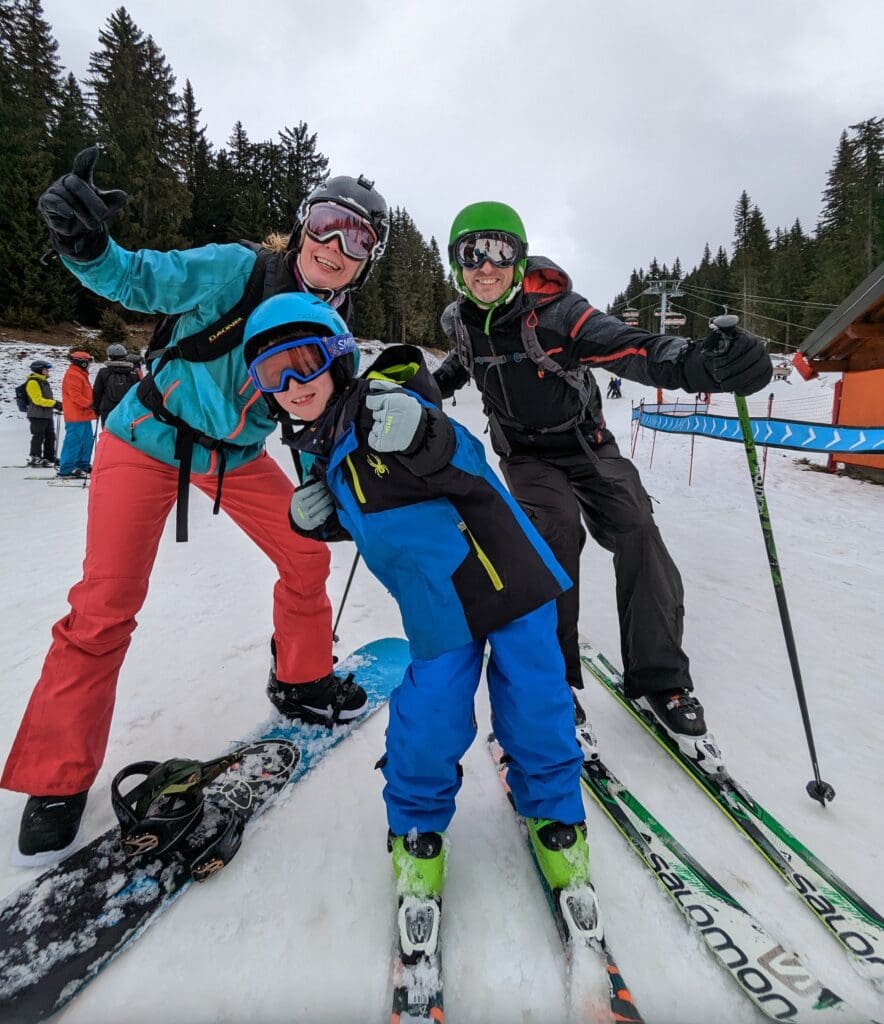

Team support for technical field teams
How do you support someone in your team when things have gone wrong because of a mistake?
One thing I set out clearly to my teams is that we are human, and we make mistakes. I share with them mistakes I have made. Then I ask that as soon as they realise something has gone wrong to tell me. Don’t hide it because as a team we can solve it. To achieve this openness, you need to develop trust within the team.
Making a future star
Apart from a good technical background, what sort of personality traits and skills are ideal for an engineer moving into a team leading or management role?
The first thing I look for is attitude and for people who are real team players. The ideal leaders are those who look after their teams in the right way. Some are too protective, and this is counterproductive to developing a team. It’s a bit like being a parent – you have to let your child ride a bike and fall off, even though it is difficult to watch. If you don’t let them fall off, they will never learn to balance on their own.
Another thing I look for is engineers who have the respect of their peers and who are viewed by everyone as a ‘safe pair of hands’.
What advice would you give to someone who wants to come out of the field and into management/team leading?
Help out your line manager by identifying what their challenges are and showing that you have this understanding.
When a team leader is due to go on leave, ask if you can be the stand in and help to cover their absence. This will give you an ideal opportunity to show leadership qualities.
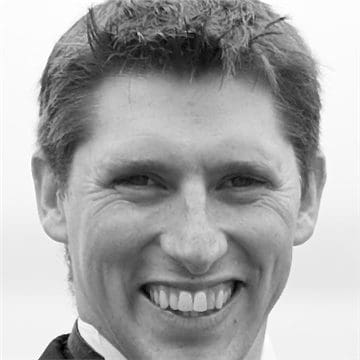

Further reading
How Juliano Ferreira became a Field Service Engineer who is now Servicing and Supporting Robotic Assisted Surgery Equipment
Being a Humble Leader of Field Service Engineers
Millicent Alooh a Biomedical Engineering leader working with Nest360 to end preventable new-born deaths in Africa


Responses